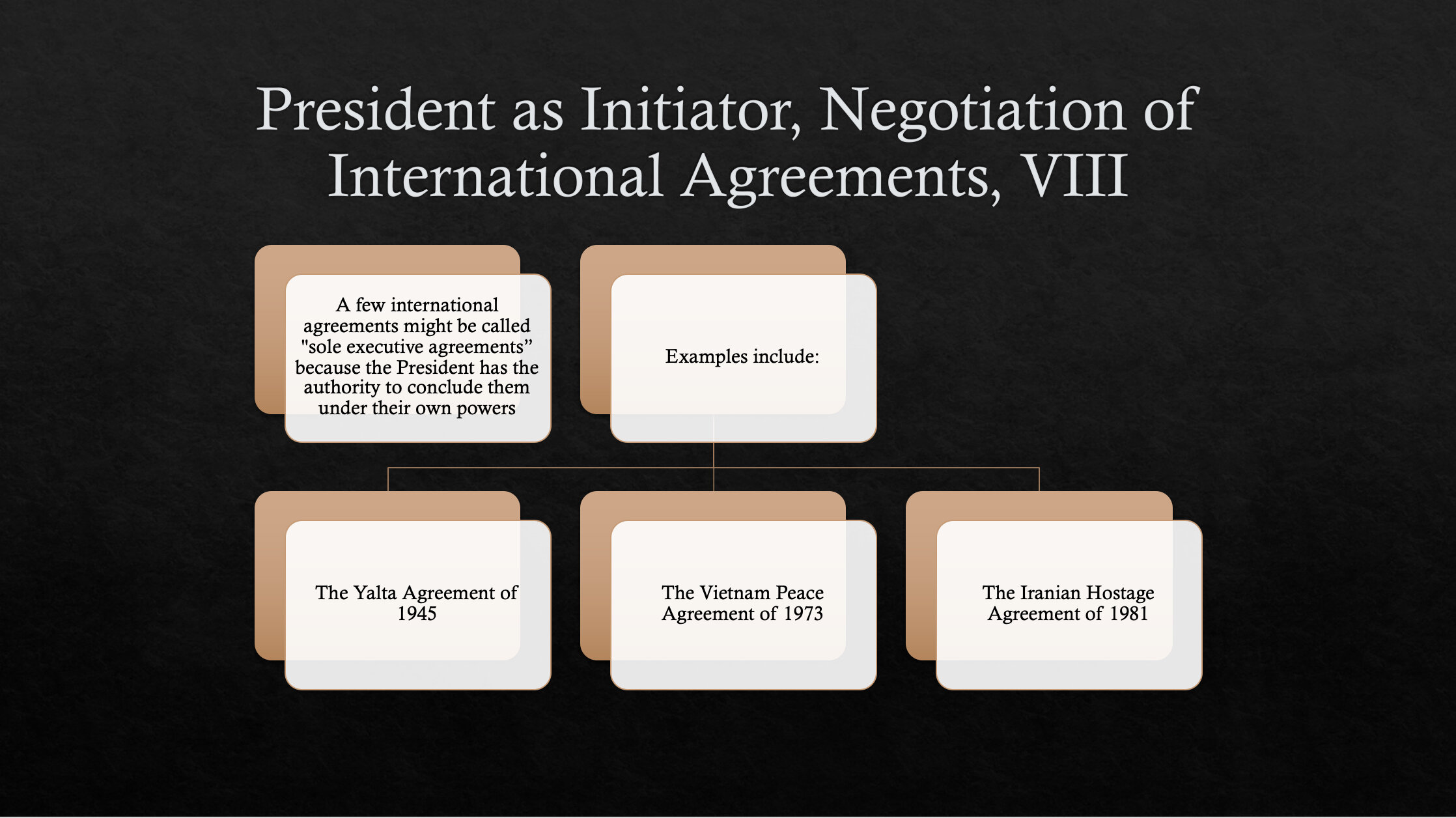MPPA 490: US Foreign Policy
Course Infographic #1
Project Description
ELearning University Course to be delivered via Canvas aimed at content mastery in Foreign Relations for Public Policy and Administration professionals.
Course Infographic #2
My Role
As the Course Developer and Subject Matter Expert, I collaborated with the Production and Instructional Design Teams in the development, design, and delivery of this eLearning course.
Course Infographic #3
About the Course
MPPA 490: US Foreign Policy explores contemporary relations between the United States and the world. The primary goal is to give students conceptual and critical tools to understand and analyze how international relations theory, U.S. foreign policy decisions, and current events fit together. It is designed to develop students’ capacity both to explain the foreign policy-making process in the United States, and to better understand the underlying patterns, logic, and implications of American foreign policy in the world at large.
Course Infographic #4
About the Institution
Northwestern University is a Research Intensive University located in Chicago, Illinois. Northwestern University's MA in Public Policy and Administration (MPPA) program “is designed for current and aspiring leaders in fields like healthcare, monetary policy, higher ed policy and municipal government as well as those in NGOs who are motivated to apply systemic thinking and pragmatic solutions to shape meaningful policy that delivers positive impact.”
Formative Assessment Quiz
The Challenge
After transitioning from face-to-face to digital instruction in the Canvas LMS, MPPA aimed to provide technologically enhanced learning experiences rooted in collaborative work and gamification scenarios.
Course Infographic #5
The Opportunity
Along with the Instructional Design and Technical Production Teams, I assessed opportunities to support eLearners’ desires for greater community and for more technologically enhanced learning experiences, including work with Yellowdig, Perusall, Panapto, ThinkLink, BlueJeans, and Zoom.
Course Mini-Lecture Powered by Panopto
The Approach
Performance Definition
As the Course Developer, Subject Matter Expert, and Deliverer, my first step was to assess potential performance gaps. Having worked with MPPA for nearly 10 years, I identified the following questions:
What types of interactions were sustaining eLearning in the digital classroom?
How were eLearners learning to problem-solve collaboratively in the online environment?
How were learning technologies enhancing learning transfer for eLearners?
How were eLearners mastering critical analytic skills?
How were eLearners being prepared for the Foreign Service Officer Exam?
Goals and Objectives
After assessing improvement areas, I reviewed existing course materials in consultation with course evaluations, program directors, and the Instructional Design and Production Teams. Upon completing MPPA 490, eLearners should be able to:
Describe the theories used to explain the developments and the decision-making processes of the U.S. foreign policymaking community
Articulate a solid understanding of the pertinent actors and institutions in U.S. foreign policy making—how they have functioned historically and how they have developed over time
Examine the policymaking process in the formulation of U.S. foreign policy
Distinguish the structural and strategic constraints on policy options facing the United States
Explain the historical and contemporary challenges faced by the U.S. foreign policymaking community
Evaluate U.S. foreign policy challenges and decisions
With these learning objectives in mind, I also focused on the following areas:
How can my team assist eLearners in mastering the content and critical thinking and teamwork necessary for professional advancement in Foreign Policy and the Foreign Service?
How can my team effectively deploy educational technologies to encourage learning transfer?
How can my team simultaneously foster professional best-practices and the sense of teamwork critical to work in the Foreign Service?
The Design
I used Bloom’s Taxonomy, Gamification, and Instructional Scaffolding to highlight the content necessary for eLearners within the field of Foreign Relations.
Due to MPPA 490 being an asynchronous online course, I structured content into weekly modules. This format was consistent with programmatic standards. Too, it provided specific, formative learning objectives to be addressed weekly. Moreover, a collaborative, scenario-based project functioned as the gamified summative assignment.
I structured modules to encourage analytic and communicative strategies that would be readily transferable to the professional arena. This was achieved through a combination of discussion boards, formative assessments, and weekly synchronous meetings via BlueJeans and/or Zoom. My vision was for eLearners to cultivate a network of peers and a set of analytic practices that would continue beyond the digital learning space.
Summative Assessment Prompt for Foreign Policy Gamified Scenario
The Outcome
MPPA 490 was submitted to Quality Matters. Accessibility adjustments were made based upon Quality Matters recommendations. The revamped course was released to MPPA eLearners in Winter 2019, and became an elective within the MPPA curriculum. The course can readily toggle between online, hybrid, and face-to-face instruction.








